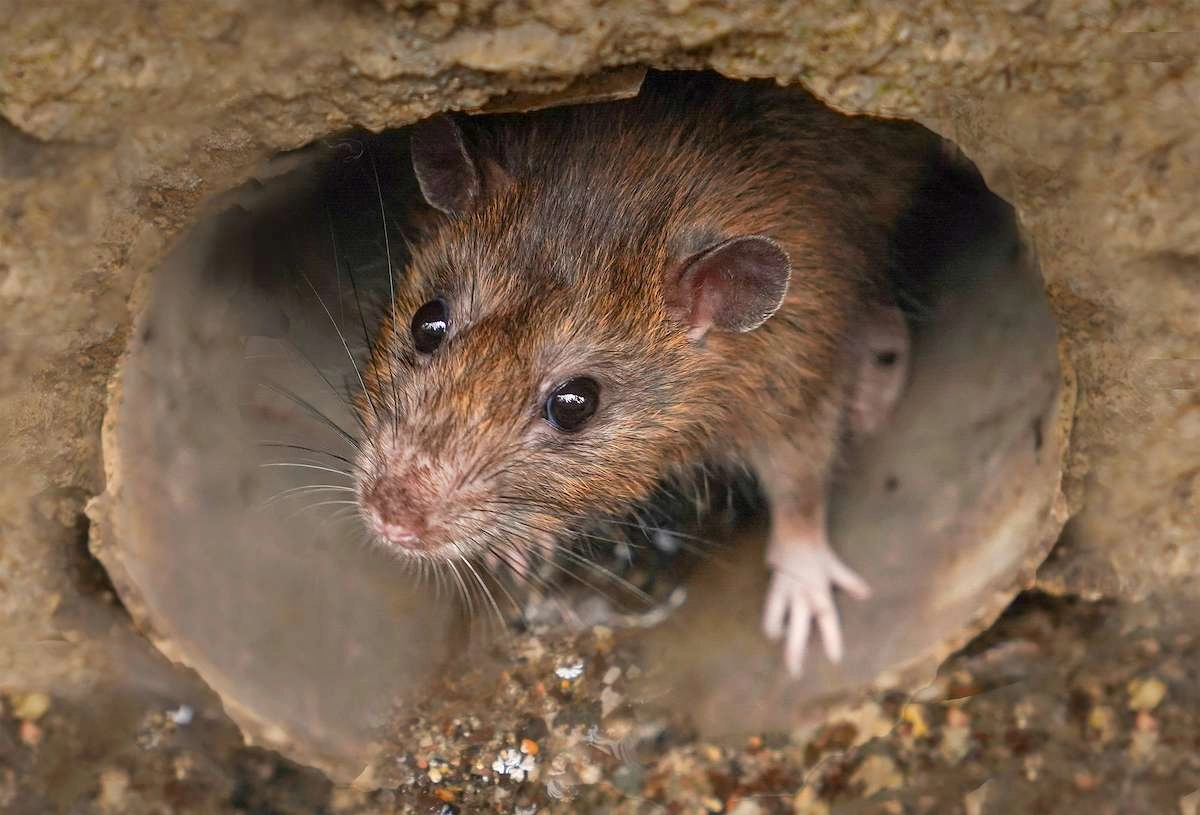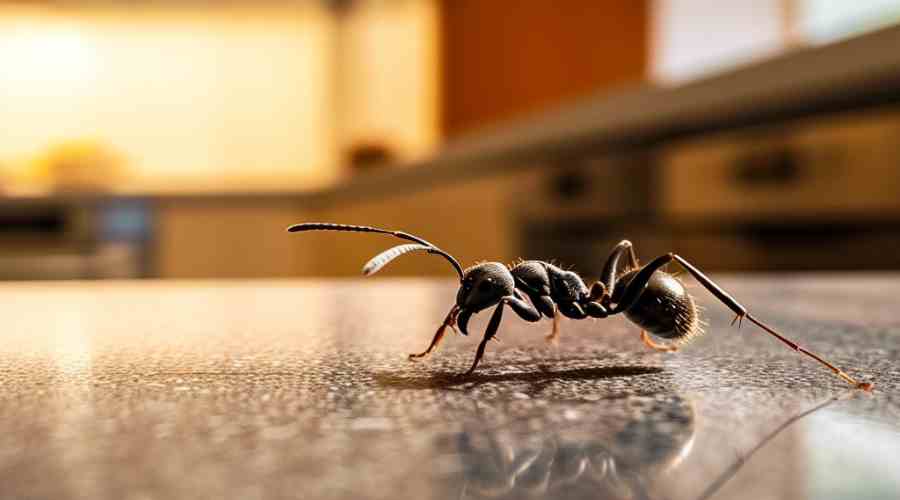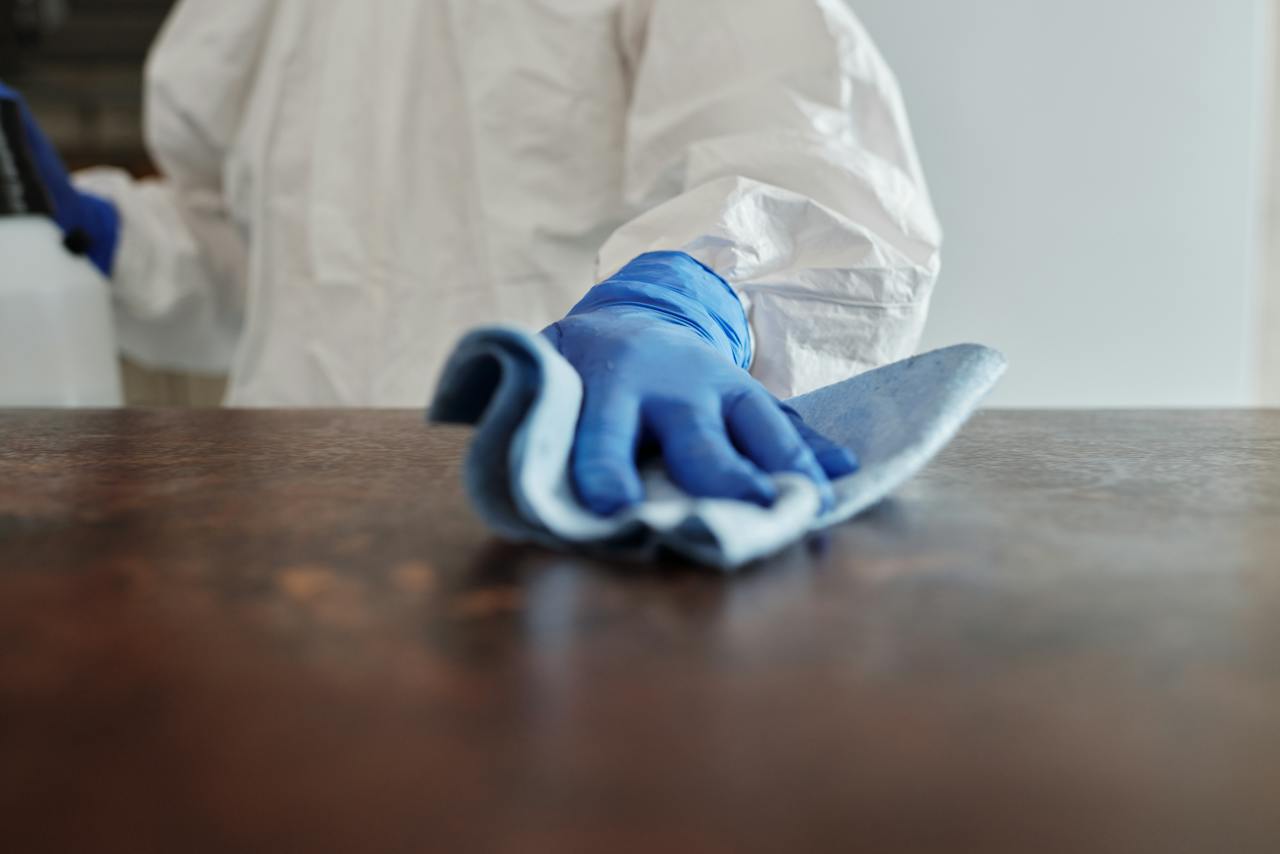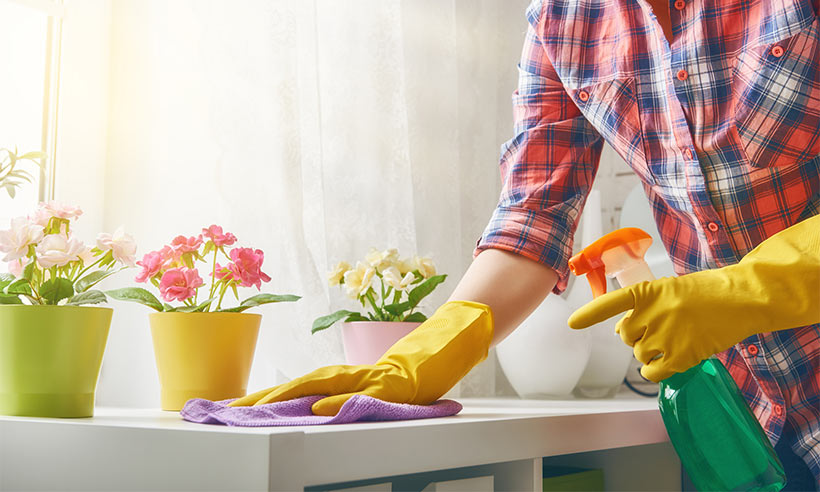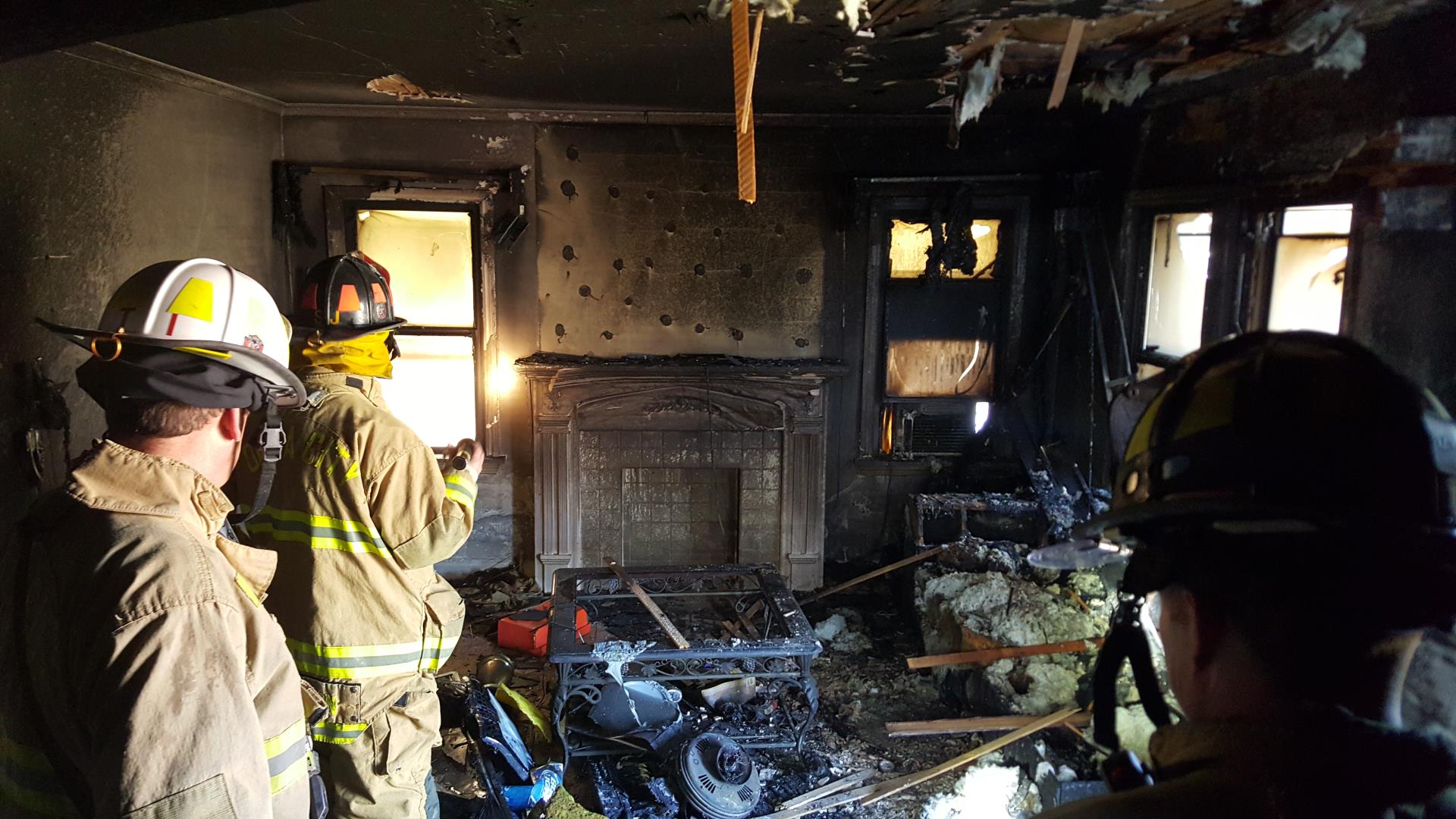Discovering rats in your drains can be more than just a nuisance – it poses a serious threat to your home and health. In this comprehensive guide, we delve into the insidious world of rat invasions through drains, exploring the potential health risks, damages, and the steps you can take to stop these unwanted guests in their tracks.
Rats can be a serious problem in your home. If you have rats in the drains, it is important to take action immediately. Rats are one of the most common pests found in homes and they are known to be destructive towards property and food sources. Rats may also carry diseases like salmonella and Weil’s disease. Here we will discuss how to stop rats from getting into your drains at home and how to prevent future infestations
Learn how to safeguard your property from the destructive habits of rats and prevent future infestations.
Explanation of the rat problem: Rat invasion in the drains
Rats are a common problem in many homes. They can get into the drains through holes in the pipe or the drainage system, as well as through sinks and toilets. Rats can also get into your home through flooring, roofs and other openings to find food sources such as garbage cans outside your house.
Health risks associated with rats in the drain
Do rats bite? Yes, they do! And that surely brings multiple health issues with it.
Rats can carry diseases, such as the plague and rat-bite fever. These diseases are transmitted to humans through bites or scratches from infected rats or through your pet’s fur when it comes into contact with an infected rodent.
Rats also damage property, including drains and pipes in your home or business. They chew on pipes that lead to your sink or toilet, which causes leaks that can cause flooding in your home and damage to flooring and walls inside the structure’s walls. In addition to causing structural issues within buildings where they live, rats also drag dirt into these areas as well as leave behind their faeces. Both of these scenarios can spread disease when left untreated over time due to exposure by other animals who come into contact with them later down the road after being exposed themselves earlier on too many occasions.
Potential damage caused by rats in the drainage system
Rats can cause serious damage to your plumbing system. They will chew through pipes, causing leaks and flooding that can lead to mould and mildew growth in the walls of your home. Rats are also known for chewing on electrical wiring, which can create a fire hazard or even an electrocution risk if they chew through power lines.
Rats have been known to burrow into building foundations and other structures, which can cause structural damage as well as make it easier for pests such as mice or cockroaches to enter your house through these entry points. If you notice rats running around outside at night near your home’s foundation, then this is likely a sign that there is an infestation taking place inside as well, and you must address this problem immediately!
How to stop rats from getting in your drains?
Block Your Drains
If you want to prevent rats from getting in your drains, block the drain.
The best way to do this is by using a rat repellent. Rats are afraid of certain smells and noises that they associate with predators or other dangers in their environment. A good example is peppermint oil, which smells like foxes or coyotes, something that rats would avoid at all costs! The best way to use these repellents is by spraying them into your plumbing system before it goes underground where it’s more difficult for pests to reach.
Use a rat-repellent
Rats are very destructive creatures and can cause a lot of damage to your home. They will chew through just about anything to get at their food, which is why they love to gnaw on pipes and wires. Rats also have a keen sense of smell, so it’s not uncommon for them to find their way into your drains if they smell something tasty down there!
If you’ve seen rats in your area or heard noises coming from your drain pipes at night, they’re likely trying to get into the septic tank or drain field outside of your home. This can be extremely dangerous because rats are known carriers of diseases such as salmonella (food poisoning) and leptospirosis. This can cause serious illness in humans if ingested by eating or drinking contaminated water or food items that were left out overnight where rats might have been able to get at them.
Block the Drainage System
- Use a trap and bait or a drain rat blocker. A rat trap is a great way to capture rodents in your home, but it won’t do you any good if you don’t have anything for them to eat once they’re trapped! You can purchase rodenticide bait at any hardware store.
- Place the rat poison in a small container that has holes in the bottom of it so that rats walk across it with their feet on top of these holes. This will cause them to get poisoned from eating this food source inside your house!
- Place some peanut butter next to where you’ve placed these containers around all areas where rats might travel through such as basements, cellars, and other places.
Prevent a Clogged Drainage System
To prevent clogged drains, you should regularly use a drain cleaner. You can also use a drain snake or auger to clear any blockages that have formed in your pipes.
Install a Trap and Bait
The best way to get rid of rats is to install a trap and bait. You can purchase traps at hardware stores or online, but they’re also easy to make yourself using materials you have around the house. The most common types of traps are snap traps, live traps, and electronic devices that send an electric shock through the rodent when it touches two wires on each side of its body.
Once you’ve chosen your weapon(s), place them where rats are likely to be seen: near their entry points into your home or building. It may take several days for them to become trapped; bait should be changed regularly during this period so rats don’t develop immunity from eating poisoned food over and over again without dying from it first!
Prevention methods
To prevent rats from getting into your drains, you should:
- Keep your drains clean and avoid clogging. Clogged drains can cause sewer gas to build up in your house, which will attract rats and other pests. To prevent this, regularly remove any hair or other debris that may have accumulated in the drain. If you notice the water level rising too high in the sink or bathtub after running water for a while, it means that something is blocking the flow of water into the pipes. You should take care not to throw these items down the sink drain because they will only cause more problems if they end up clogging up your pipes completely!
- Use a rat repellent around areas where rats frequently appear so as not to allow them access inside homes/buildings via pipes outside walls etcetera.
In a nutshell
We hope this article has given you some ideas on how to prevent rats from getting into your drains. A clogged drainage system can cause serious damage to a property, so you must keep an eye out for any signs of rat infestation and take action as soon as possible. If there are any questions about any of the methods mentioned above then please contact us and we will be happy to help!
Ready to protect your home from the threats of rat invasions? Dive into our comprehensive guide for actionable steps and insights. Visit our website to learn how to secure your drains and prevent future rat infestations. Don’t wait – ensure the safety of your home now!







